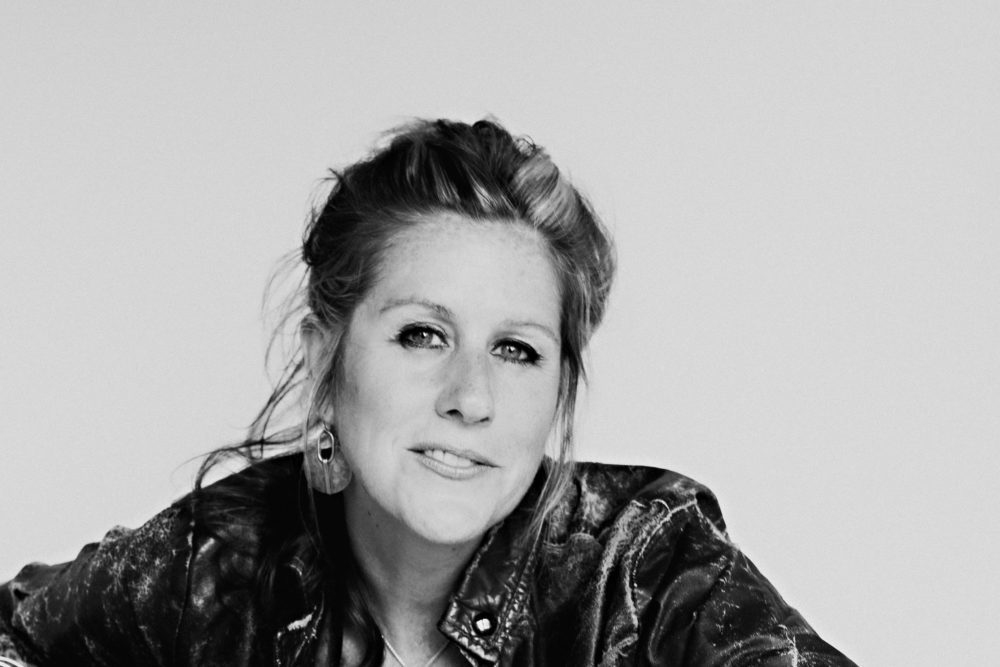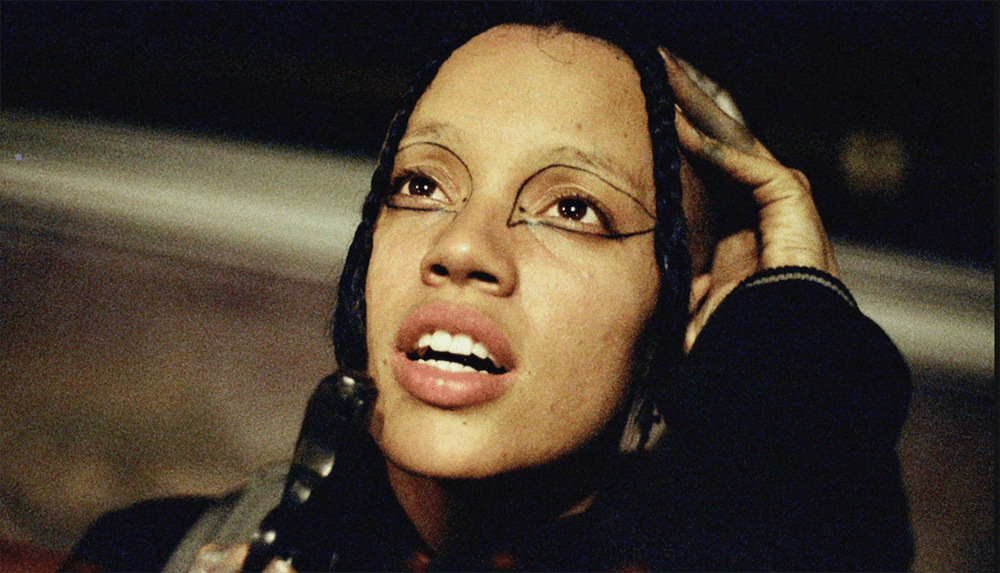PREMIERE: Molly Maher Hopes World-Infused Folk LP ‘Follow’ Can Help Heal Her Hometown


Molly Maher has spent the last 25 years establishing herself as a singer-songwriter in the Minneapolis–Saint Paul area, working as a guitar tech at the famous shop Willie’s American Guitars and playing at bars up to five nights a week, in addition to releasing her first two albums, Balms of Gilead (2007) and Merry Come Up (2011). Her previous music was made under pressure to sell beers in the pubs she played, and the lifestyle of constant live shows was exhausting. Then, ten years ago, a battle with breast cancer changed how she approached her work.
“What happens with a lot of cancer survivors is, you go through this traumatic experience and just can’t wait to get back to what you think is normal. Then you try to go back to normal and you find it just doesn’t work anymore,” she says. “That kind of gives you a moment where you’re like, what am I doing this for? I started to break down, what is it that I want from music?”
This realization led her to practice and improve her guitar skills, craft an album she was truly proud of, and ask for more money from venues where she performs. “I started to put actual value on my time and my band’s time,” she says. “This record took a long time to write and to cultivate. The process was probably six years, but I don’t regret any of it.”
The product of her new sound, attitude, and lifestyle is her latest album Follow, for which she ventured outside her comfort zone and incorporated elements of world music, as well as reflections on the past few years’ hardships.
The biggest theme of the record, she says, is following your instincts and being true to yourself, which reflects her process of making it. She initially recorded an album two years after 2011’s Merry Come Up, then decided to scrap it because she didn’t like how it sounded.
Influenced by the Tuareg band Tinariwen, which is part of a blues movement out of Mali, as well as guitarist Ry Cooder and Tex-Mex-infused rock band Los Lobos, Maher’s goal was to combine world music with roots Americana. She even borrowed a Mexican guitar called a jarana from Los Lobos to accompany her usual guitar, bass, and organ.
When drawing inspiration from other cultures, Maher makes an effort to give people from those cultures a platform. In “Bird Song,” for example, she recruited Mexico City artist Iraida Noriega to sing and had her add her own verse. Meanwhile, up-and-coming Twin Cities singer-songwriter Anastasia Ellis appears on “Open Road” to sing Maher’s lyrics, anchoring the record with a sense of hometown pride while also focusing a lens on the world at large.
There’s also a disarming intimacy to the record, thanks to Maher’s openness. She wrote the mellow, meditative “Find the Shepard” to cope with her brother’s passing. “[It’s about] going through that process with him and letting him follow the shepherd, whatever it is, to bring him from this side to the other side of life,” she says.
Between this album and her last, Maher has been busy with many other pursuits, including running a camp for cancer survivors in Maui and touring with folk rock band Trampled by Turtles. Throughout the quarantine, she’s been collaborating with other musicians online through a dropbox folder where artists add layers onto one another’s songs.
Currently, she’s focused on responding to the death of George Floyd, which occurred in her own community. Maher does bookings for The Hook and Ladder, a Minneapolis arts venue literally next door to the now-demolished 3rd Police Precinct. The venue is still being rebuilt, but once they have a working space, she and others who work there are planning to set up a set up a community outreach center. She’s also reaching out to black arts organizations and offering them space at Como Lakeside Pavilion, another venue she books in St. Paul.
“I’m proud of the work that the good people of the community are doing to honor the lives that have been marginalized for so long, and that we are learning how to have hard conversations,” she says. “Everybody here in our town is trying to figure out how we can help our community heal as we go through this great shift. I think the arts are very healing.”
Follow Molly Maher on Facebook for ongoing updates.




